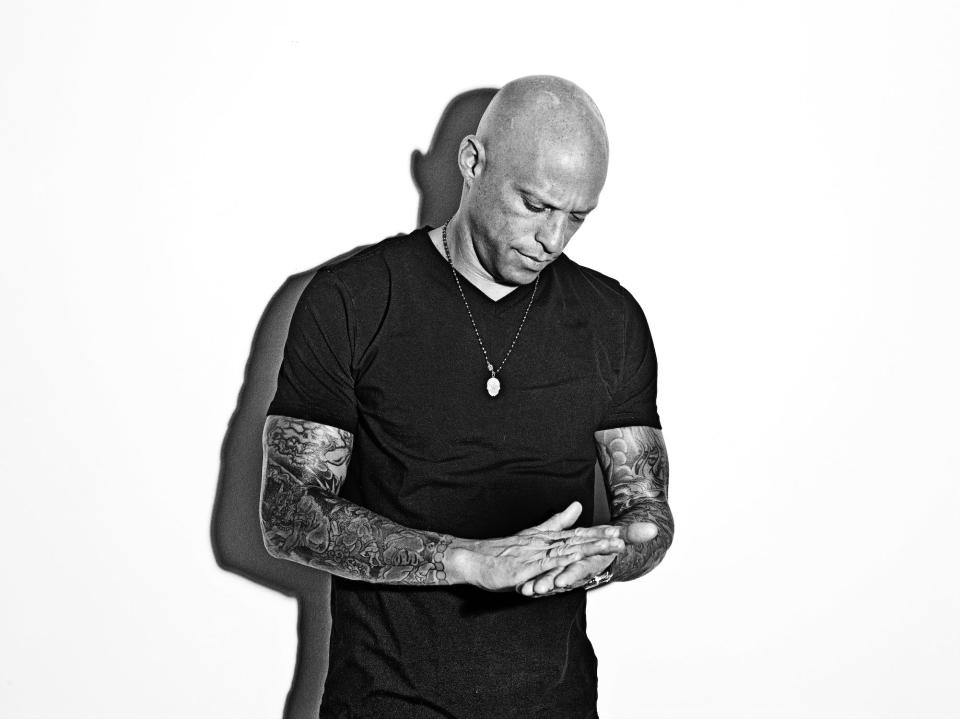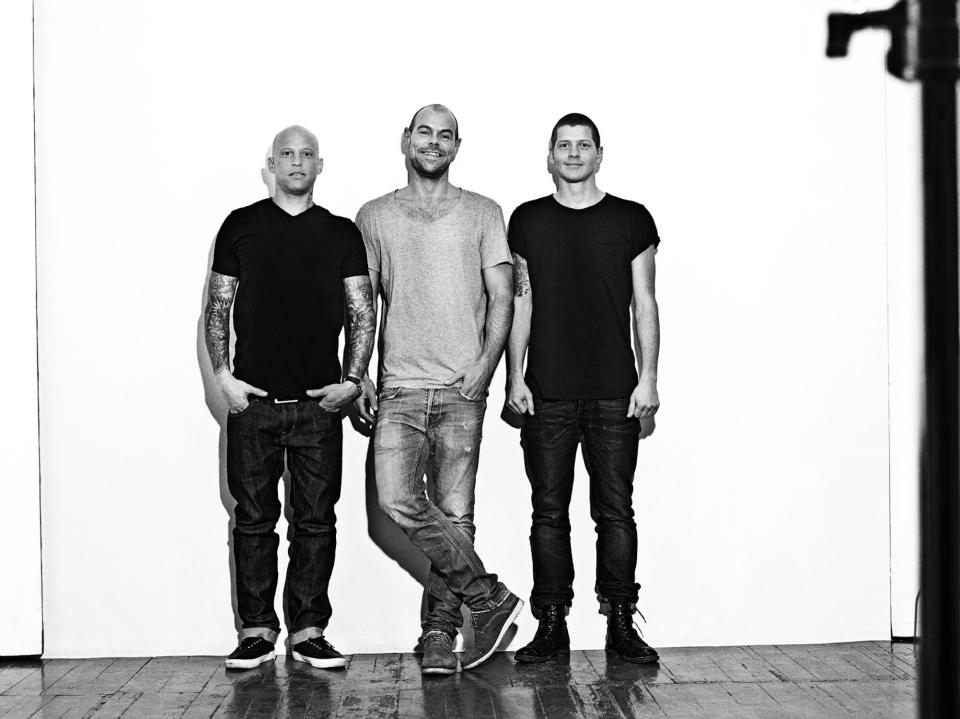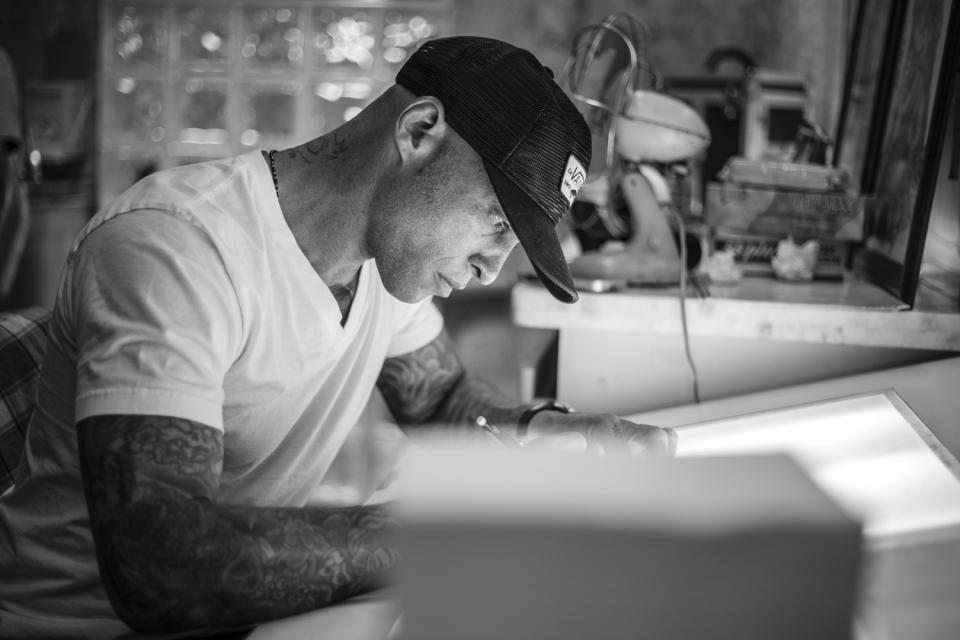A simple idea by a world famous tattoo artist could radically boost the $50bn industry

Tattooing has been around since the Neolithic times and is deeply ingrained and revered in a number of cultures across the world. However, it has only really been during the last 20 years where the subculture across the US and Europe has been experiencing a renaissance in perception and adoption of the body art.
According to market research firm IBISWorld, the tattoo industry generated around $50bn in revenue last year. The data shows that 36% of millennials now have a tattoo and 21% of the total US population is tattooed. The firm added that it predicts the industry to grow an annualised rate of 7.7% this year.
It’s perhaps unsurprising that the industry has been flourishing over the last decade. Tattoos are no longer niche and the out-dated perception that inked people belong to gangs and sailors has evolved into a community of people of all types and ages who demand personal, high-quality artwork on their bodies. That sea-change in perception has even led to several nationwide debates, for example in the UK, about how it should be written into law to not discriminate against workers tattoos.
Ami James is one of the most famous tattoo artists in the world, not just for his artwork but for when he became one of the stars of a TV show “Miami Ink”. The reality show focused on four master artists and an apprentice that opened a tattoo parlour together.
“There’s a couple of things that have made tattoos become more popular. When we aired Miami Ink in 2005, it was the first time that a tattoo shop had really been shown in mainstream media,” James told Yahoo Finance UK. “People got the chance to see the behind the scenes of the studio and it introduced them to the tattoo community culture, so that made them more interested in tattoos and maybe less afraid to go into a shop to actually get one.”
It was from that platform that James said, alongside the greater adoption of social media where everyone could find and follow their own favourite artists, that he got inspired for another business venture—Tattoodo, an app that provides an artist and studio directory where users can book tattoo artists worldwide.

The app, which has 45 million social followers, 4.2 million registered app users, and currently has over 300,000 tattooists on board, was founded by James as well as serial entrepreneurs Johan Plenge and Mik Thobo-Carlsen. It acts as a digital platform for artists to display their work and find customers, as well as acting as a hub for consumers to view and book art and artists, including James and other major tattooists like Megan Massacre.
The experience of searching and finding the right tattoo artist is usually by word of mouth and is deeply personal. However, James said the app won’t take a the intrinsic personalisation away.
“You said it — until recently the entire tattoo industry was based on word of mouth. You had the top tattooers and shops all over the world and basically those guys decided which artists and shops were legit,” said James to Yahoo Finance UK.

“If you didn’t know anyone from the community, you would probably end up in a shop that didn’t make sense for you, then you would have a bad experience and you wouldn’t want to keep getting tattoos. What we’re trying to do now is educate people, show them the quality artists in their area and the shops keeping the traditions of our culture alive, while giving them the means to access all of that in a convenient way.”
The benefits of digitisation also mean potentially better vetting of artists. For example, on the app, verification features “are set up in the same way that other online platforms do and our user base is also really dedicated to the tattoo lifestyle, so that makes it much more difficult for people to copy other artists’ work or pretend they have skills that they don’t actually have.”


